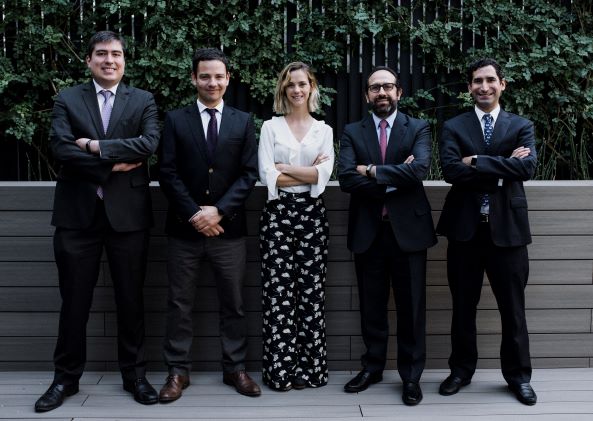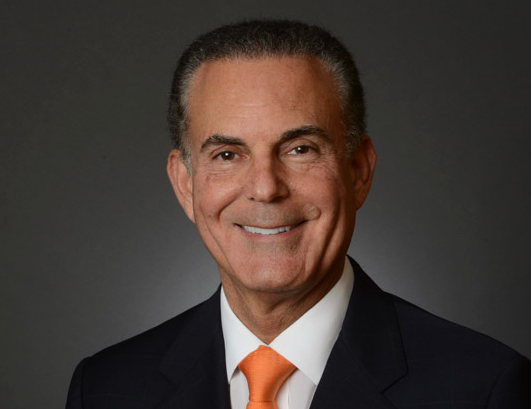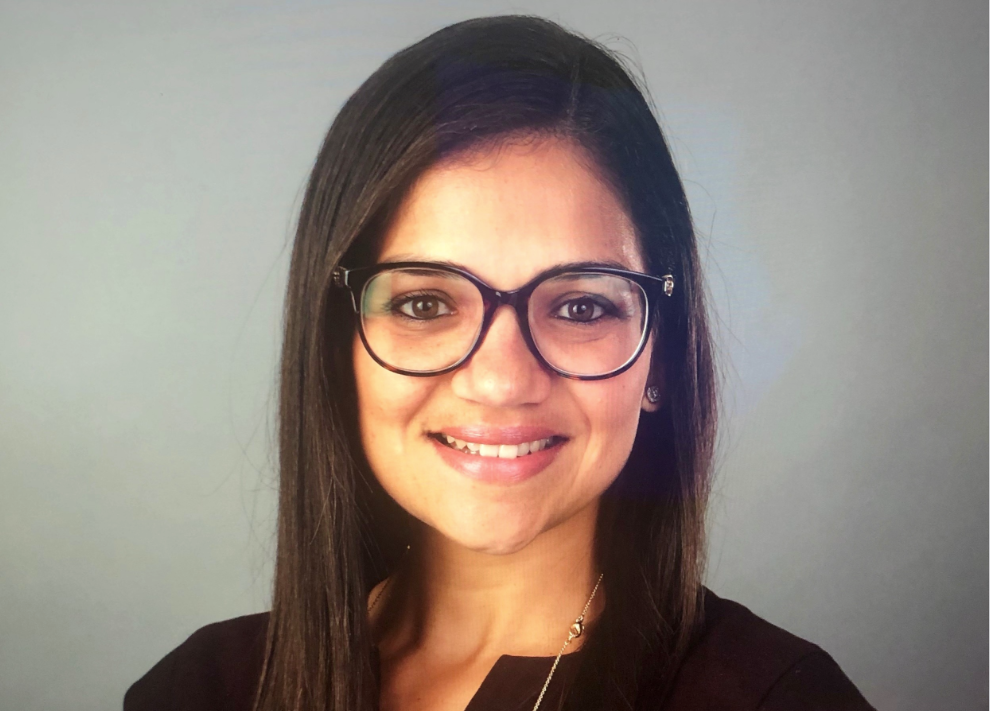The current US equity market cycle is the longest bullish market on record, with 9 and a half years of history, with a small correction in the fourth quarter of last year, but already back on track in the first semester of the year. In terms of compounded wealth, is the second highest market cycle on record, with a compounded return over 330%. According to Vishal Hindocha, Director of the Investment Solutions Group at MFS Investment Management, this is an enormous volume of return that probably will not be seen again going forward.
Valuations in equity market are telling investors that we are about to enter to a more recessionary environment. Observing the forward annualized returns based on historical Shiller P/E ratios for the S&P 500 Index for one, three, five and ten years, it could be stated that valuation will play a key role in future equity returns.
“When the Shiller P/E ratio is less than 10, equity markets are cheap, and returns are pretty strong. But, when the Shiller P/E ratio is in a range greater than 40, then the forward annualized returns in equity markets are bearish from that point onward, particularly in in the five and ten-years return. Just think about the compounded impact of that in the client’s portfolios. The current Shiller P/E for the S&P 500 is around 32,5x. We are currently in the 30 to 40 times range, if the history is sort of guiding us, the 5 or 10-years returns expectations on equity are not looking attractive from this point onward,” explained Hindocha.
Valuations in bonds are also not promising. In bond markets, current yield to worst tends to be a good predictor of what returns should investors expect over the next five years. A starting yield to worst a little bit lower than 2% communicates that investors should expect a subsequent 5-year annualized return between 2% and 4% above the mentioned yield, which again is lower than expected returns in previous periods in history.
“Returns expectations of the most major asset classes are going to be lower going forward. In MFS IM, we think that alpha is going to need to play a much more important role in investors’ portfolios from today onward. The 100 or 200 bps that you can get from alpha are going to be disproportionally more valuable to investors than they have ever been in the past,” he added.
Leverage in the system
Ten years after the global financial crisis and the level of corporate indebtedness is in fact higher than the pre-crisis levels. The net debt to EBITDA ratios of the MSCI World Index, the MSCI AC World Index and the S&P 500 are well above the 1.6 x level of 2008.
“Leverage itself is not necessary a bad thing. But what it means is that investors need to be extremely careful about what they own. These higher levels of leverage can turn a good business into a stressed business very quickly. That’s the reason why selectivity is going to be much more important in the future. If the default cycle changes, leverage its going to hurt lower quality companies. The same trend repeats itself at the government level. Global government debt to GDP ratio is also generally higher than at the pre-crisis levels. Debt levels are continuing to climb again, and this fact, combined with a decline in the quality of the global corporate index and a decline in the liquidity, is embedding more risk into the system,” said Hindocha.
What can investors do in this environment?
In the last three decades, investing has become an increasingly complex puzzle. According to a model developed by Callan Associates in the US, 30 years ago, in 1989, to earn a 7.5% expected return, investors needed a portfolio that could be 75% invested in cash and 25% in US fixed income, only supporting a risk level of 3.1%.
15 years later, in 2004, to earn the same 7.5% expected return, investors needed to increase the complexity of the risk budget introducing new asset classes: 26% in large caps US equity, 6% in small caps, 18% in non-US equity and 50% in US fixed income, would nearly triple the portfolio volatility to 8.9%.
Fast forwarding to 2019, the pie chart is a lot of more complicated, the expected returns are the same, but now the risk level is six times higher than 30 years ago. Investors are now required to invest 96% of the portfolio in growth assets (34% large cap US equity, 8% small-mid caps, 24% non-US equity, 14% real estate and 16% private equity) and 4% in US fixed income to obtain a 7,5% expected return with a level of volatility of 18%.
“Investors, trustees and advisors are now beginning to question whether the amount of complexity added to the portfolios over the last 15 years has been paying off or if it has only increased the risk,” he argued.
Does diversification work?
In addition, there are clear evidences that diversification is not working as it used to. The paper “When diversification fails”, published by Sebastien Page and Robert A. Panariello in the Financial Analyst Journal in the third quarter of 2018, concludes that diversification seems to disappear when investors need it most. The paper distinguishes between the left tail scenario, where equity is performing extremely bad, and the right tail scenario, where equity is performing extremely well.
On the left tail, the correlation between equity and the major types of asset classes increase over 50%. The benefits of diversification, which are really resting on low correlation between the asset classes, disappear when investors really need them. If equities are performing negatively, all the other asset classes are also falling at the same time.
On the contrary, on the right tail, when equities are performing extremely well, suddenly, diversification works perfectly well. When investors would want unification, correlations remain below the 50% and, in some asset classes, it even becomes negative.
“Diversification is an important part of the tool kit. We just need to recognize the role that it plays and the types of market environments in which it may be more appropriate. Diversification should change the shape of the distribution, it should help on left tail environments, and potentially hold the portfolio a bit on the right tail environments.
Meanwhile, active management, if done correctly, can provide better than average outcomes. It can even change the skew of the return’s distribution. Investors should start viewing good quality active management as a good diversifying asset.
“Active management seems to be providing the trait that investors are expecting from alternative investments. It seems to be protecting investors when markets are down and to being able to keep up when equity markets are going upwards. The active management skill, particularly countercyclical skill, is probably the best diversifying asset that investors can buy today. We as active managers can play a powerful role to help protect client capital when they need it the most”, he concluded.







